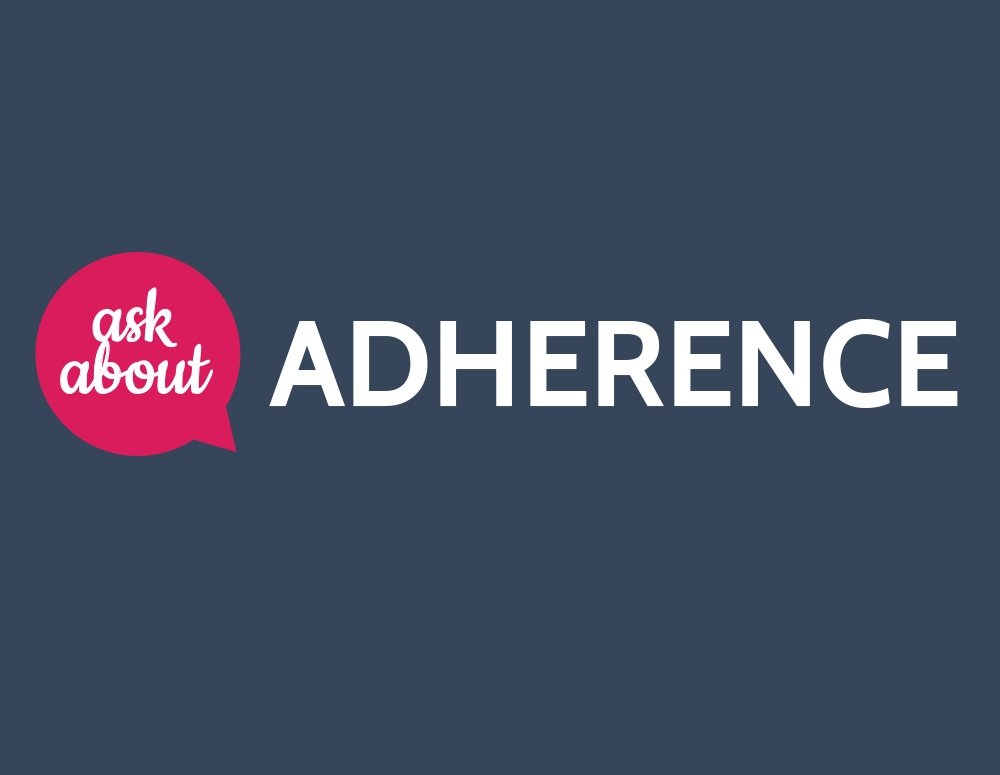Ask About Adherence: New study shows impact on preventable hospital visits
New study shows impact of adherence to anti-hypertension medications on hospital visits.

Ask About Adherence: New study shows impact on preventable hospital visits.
New study shows impact of adherence to anti-hypertension medications on hospital visits.

Ask About Adherence: New study shows impact on preventable hospital visits.

Ask About Adherence is a blog series featuring Q&A’s with experts and new studies in medication adherence. In this post, we spotlight a new study released by the American Journal of Preventive Medicine (AJPM).
Stay tuned for the next blog and be sure to share your thoughts in the comments section below. We’d love to hear from you on ways to improve medication adherence!
An estimated 70 million people in the United States are currently living with hypertension. Just over half of those individuals (52%) have the condition under control. Taking anti-hypertension medications can help patients take control of their condition day-to-day, but also can help prevent the cost and complications associated with urgent hospital visits.
Last month the American Journal of Preventive Medicine (AJPM) released a data study focused on the beneficial effects of adherence to anti-hypertension medications. To date, a number of studies have examined the relationship between anti-hypertension medication and cardiovascular events, but this adds to the literature by assessing the role of non-adherence on potentially preventable hospitalizations (PPHs). The study, authored by researchers from the Division for Health Disease and Stroke Prevention of the Centers for Disease Control and Prevention, provides hard data that adherence is a vital component of ensuring patient health and demonstrating the true value of prescription medicine.
Over a span of eight years, the study identified over 6,000 potentially preventable hospitalizations for hypertension among more than 3 million patients. The rate of hospitalizations was significantly lower among patients with good adherence compared to those with poor adherence. Similarly, payments for patients with poor medication adherence were four times higher than those with good medication adherence. The AJPM study estimates the preventable hospitalizations connected to hypertension payments added up to $41 million.
Simple, yet impactful, issues like adherence often get lost in the political and public debate around complicated health care policy. This study demonstrates that adherence to recommended medications can help contain overall health care spending through avoided hospital visits, ambulatory and long-term care while drastically improving patient care. Adherence to the regime prescribed by a physician is key to delivering effective patient care and reducing overall health care spending.